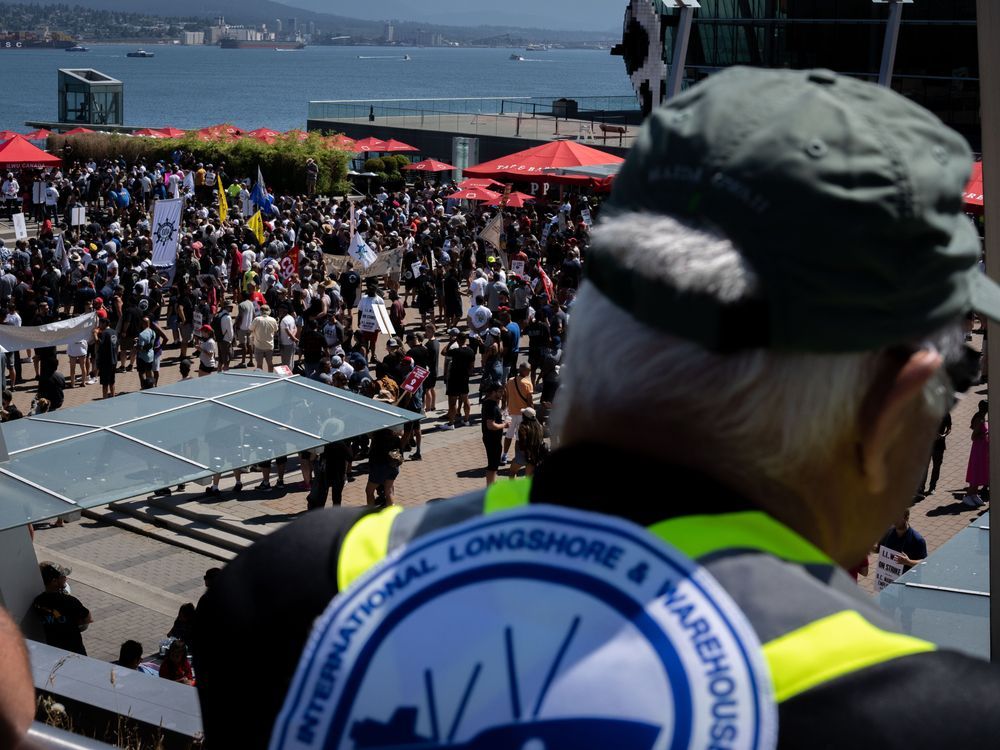It's a tricky situation in the bigger picture of things.
The more things get automated - the less jobs there are for people. And our country keeps getting more & more people...
Rejecting a salary like that sounds foolish on the surface - everybody I know would LOVE a salary of $162k!!
But as salaries rise, so does the cost of living just due to the elastic affect of more money being in an area.
At the end of the day, I feel like the biggest thing that needs to happen is BC needs to get their shit together, re affordable housing.
But you aren't wrong. It's hard to have sympathy for folks who reject an offer like that (even if that offer is a bit inflated)
Ironically, because their union is so militant you can pretty much guarantee they'll automate as fast as possible... Canada's a world laggard in port efficiency anyways:
What is port automation — and why are striking workers concerned about it?
Canada lagging on industrial automation; union fears it could lead to significant job cuts
More than 7,400 unionized employees at more than 30 ports along British Columbia's coast are off the job in a labour dispute that concerns, among a number of issues, how automation will affect the future of work at vital maritime gateways for Canadian imports and exports.
The International Longshore and Warehouse Union Canada (ILWU), which represents the striking workers, has warned for years automation will be a threat to current and future jobs at the province's ports.
There are now more than 50 terminals around the world with some degree of automation, according to a
report from the International Transport Federation (ITF), incorporating equipment such as automated stacking cranes, gantries and guided transport vehicles controlled from remote operating centres.
British Columbia has two semi-automated container terminals: Global Container Terminals' (GCT) Deltaport, which is located at the Roberts Bank Superport, 37 kilometres south of downtown Vancouver in the city of Delta; and DP World's Fairview Container Terminal in Prince Rupert on the North Coast.
But a proposed third terminal, the Roberts Bank Terminal 2 expansion project, which recently
received federal approval, has the ILWU warning of what could come.
Weeks before the contract talks broke down and the strike began, on July 1, ILWU Canada president Rob Ashton
warned of the "domino effect" a new automated terminal could have on the Port of Vancouver — Canada's busiest port — possibly forcing conventional terminals to automate as well.
While port workers walk the picket lines to demand protections against
what the union describes as the "devastating impacts" of automation, others warn slow movement on automation may pose its own risks to the industry and Canada's economy.





